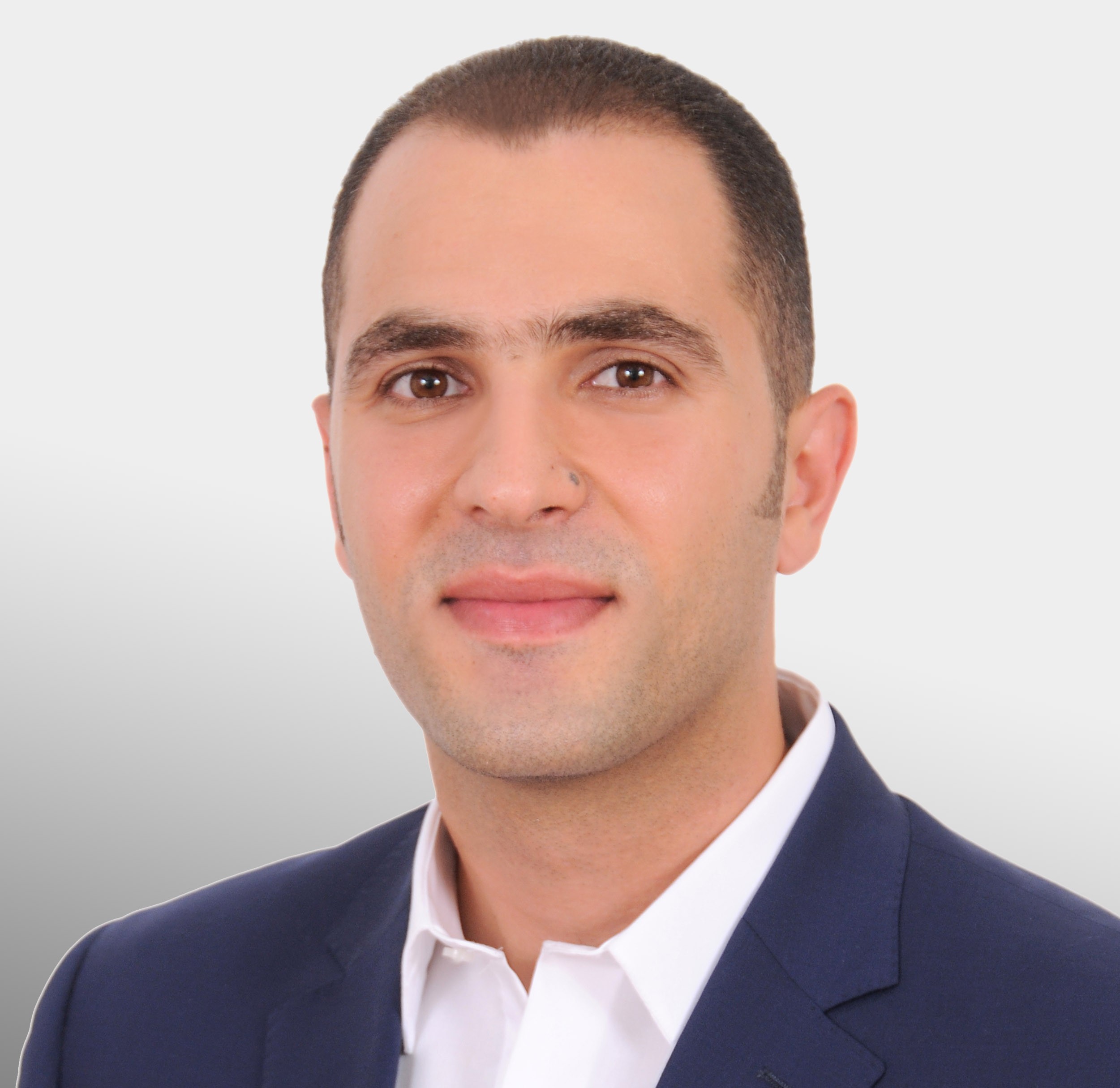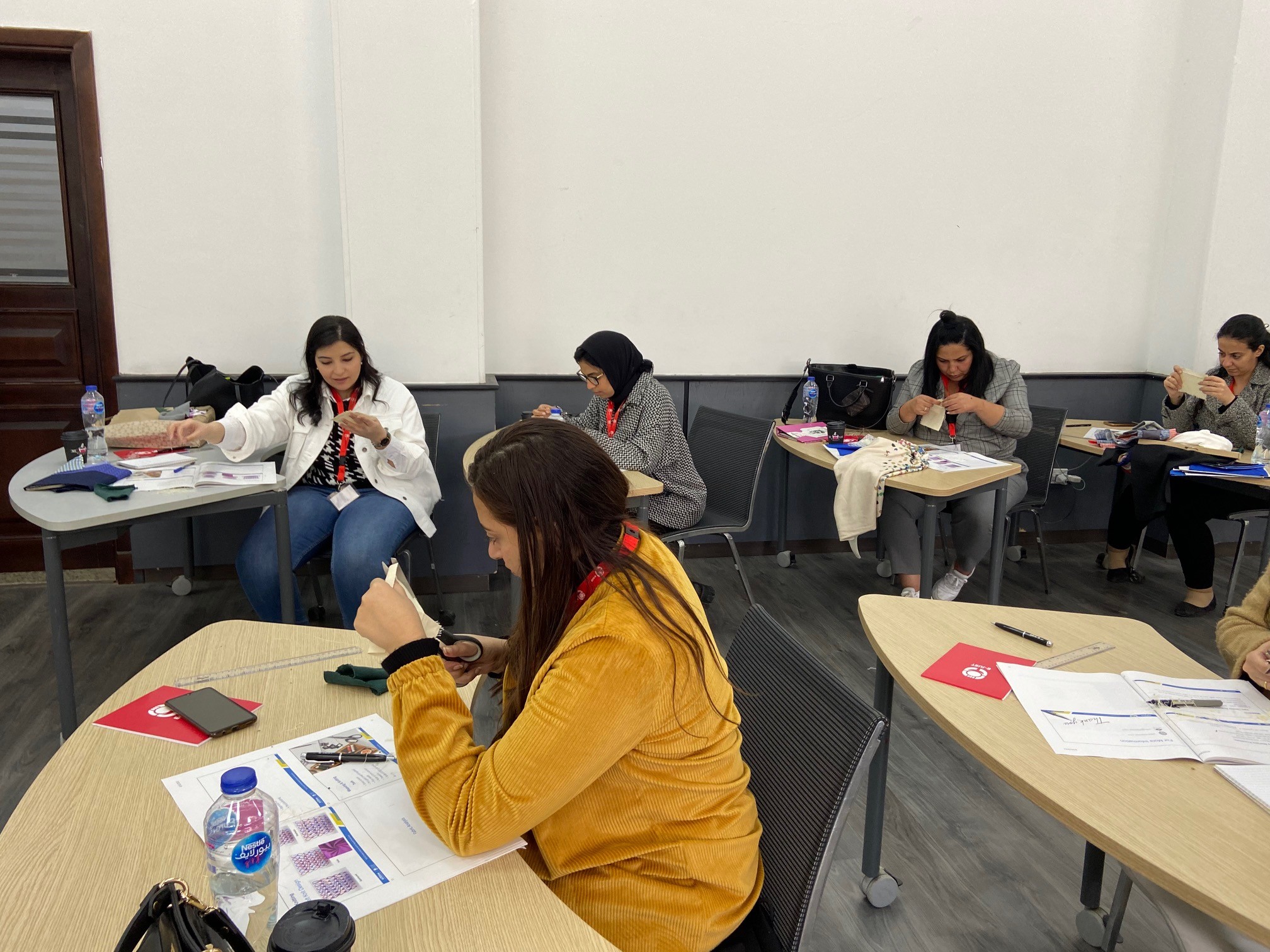Textiles Education in Egypt: The Chicken or the Egg 2021-05-15 04:15:37
Textiles Education in Egypt: The Chicken or the Egg
About the Author:
Dr. Mohamad Midani
Managing Partner of Intexive Consulting Egypt
Assiatant Professor, Materials Engineering Department at the German University in Cairo
Adjunct Assistant Professor at the College of Textiles NC State University
Billions of Egyptian pounds are spent on restructuring and modernizing the textiles industry in Egypt but isn’t it time to start investing in our human capital rather than the machinery and the buildings!
If you check any textile company in Egypt, you can barely find any executive in a leading position with a textiles degree or with any formal academic background in textiles. They all rely on secondhand knowledge acquired either from technicians or from machine manufacturers as part of a know-how transfer contract during commissioning of the machinery. This means that those executives have a ceiling for their knowledge and will not be able to continuously innovate in this field. They will keep practicing the same limited knowledge they have and will keep producing the same products and same designs even when the market demand changes.
Textiles Education in Egypt
But why is it uncommon to find an executive in a textile company with an academic degree in textiles? Simply, because there are very few textile schools in Egypt. Namely, The department of Textiles Engineering in Alexandria University, the department of Textiles Engineering in Mansoura University and the department of textiles arts at the college of applied arts in Helwan University.
Those schools have been home to world-renowned textiles figures who have been instrumental in shaping the textiles education and industry around the world, such as,
- Professor Mansour Mohammed inventor of the 3D weaving and founder of 3TEX and Emeritus Professor at the College of Textiles NC State University
- Professor Ali El-Shiekh who completed his PhD from MIT and served as a Professor at the College of Textiles NC State University for 33 years
- Proessor Yehia El Mogahzy, who served as Professor of Polymer & Fiber Engineering at Auburn University College of Engineering for 23 years
- Professor Abdelfattah Seyam, one of the most recognized names in the field of weaving and Head of the Department of Textile & Apparel, Technology & Management at the College of Textiles, NC State University.
- And so many others.
The Chicken or the Egg?
Not only the academic textiles institutes in Egypt are very few, but also, they are struggling to survive amid the fierce competition from other more attractive academic programs that promises brighter career after graduation. The textile institutes in Egypt are now suffering from very low enrollment levels and in some cases the number of faculty and staff are more than the number of enrolled students. The main reason for this dilemma is the downturn that the textiles industry in Egypt has been through, for the past few decades. The textiles education thrives when the industry is thriving and struggles when the industry is struggling. But today the industry is picking up, but unfortunately, when it recovers from the downturn it will not find the right calibers who supports the industry’s growth.
Textiles Education in other Countries
This struggle of academic textiles institutes is not limited to Egypt, but many institutes have suffered from this downturn in the UK, Germany, USA…etc. But they were able to come back and recover from such downturn with a fresh new offering that are more attractive to students and more relevant to the industry. For instance, the College of Textiles NC State University has developed the new program Fashion and Textiles Management (FTM) which has been attracting more than 600 students annually, whereas in RWTH Aachen University they moved more into the Technical Textiles with the Institut für Textiltechnik. Same thing in Manchester, Ghent, IIT Delhi, Istanbul Technical University, Technical University of Liberec…etc. They all had the same problem, but they were all able to recover with new more attractive programs that are more relevant to the industry.
The Way Forward
- In Egypt we need a fresh facelift to our vintage textiles institutes, we need modern curricula that address new topics, such as, technical textiles, nonwovens, textile composites, smart textiles, digital textile design…etc.
- We need to have partnerships with international academic institutions, such as the College of Textiles NC State University, to allow for faculty training and students exchange programs.
- We need to update the research facilities with modern equipment for enhanced hands-on experience.
- We need to develop professional graduate diplomas for industry professionals.
- We need to organize open house and invite the industry to learn about our graduates, and we need to organize summer textiles exploration programs for high school students to learn about the textiles program.
So many things need to be done, but the first step is to acknowledge the problem and start working towards the reform of our textiles education for a better textiles industry of tomorrow!
Photo from Textile Fundamentals for Apparel Production Training by Intexive, April 2021




